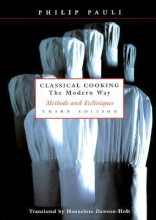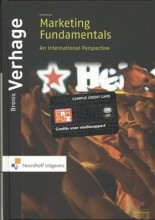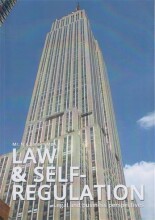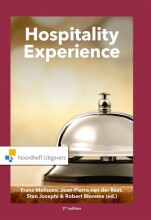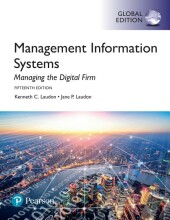Summary: Classical Cooking The Modern Way Methods And Techniques | 9780471291879 | Philip Pauli
- This + 400k other summaries
- A unique study and practice tool
- Never study anything twice again
- Get the grades you hope for
- 100% sure, 100% understanding
Read the summary and the most important questions on Classical Cooking The Modern Way Methods And Techniques | 9780471291879 | Philip Pauli
-
1 Professional Knowledge
This is a preview. There are 1 more flashcards available for chapter 1
Show more cards here -
how can professional ethics be defined?
as the rules and standards governing the conduct of the members of a profession and the moral choices made by the individual professional in his or her relationships with others. -
1.3 Basic Principles of Microbiology
This is a preview. There are 5 more flashcards available for chapter 1.3
Show more cards here -
What are the most important microorganisms to understand foodservice sanitation methods?
Bacteria, molds, and yeast. -
How can harmful micro-organisms be transmitted?
From food to humans or from humans to food, during all phases of food production. -
What can harmful microorganisms cause?
If present in large numbers, they can cause food-borne illness. Toxin-producing types can cause an outbreak of food poisoning. Some microorganisms cause food spoilage. -
How can you reduce the presence of and multiplication of harmful microorganisms?
By careful control of food quality and environment conditions. -
How can you prevent food-borne illness and food spoilage?
In conditions that allow microorganisms to shrive and multiply are limited. -
1.3.1 Bacteria
This is a preview. There are 14 more flashcards available for chapter 1.3.1
Show more cards here -
What destroys bacteria?
Heat destroys bacteria. Most bacteria cannot tolerate temperature between 65 and 100 graden and die. -
Some bacteria can survive heat above 100 graden. Give and example?
Clostridium botulinum. They form spores that can survive such temperatures. Heating foods to 120 graden for at least 20 minutes kills these spores. However, toxins already present in the food will not be destroyed by normal cooking temperatures. -
What are the beneficials of bacteria?
1. Consuming dead organisms. These and other microorganisms therefore multiply in food products. Bacteria are essential for the decomposition of dead plants and animals.
2. They help in purifying lakes and streams and in the decomposition of waste in sewage (rioolwater).
3. In the human body, they protect against the multiplication of disease-causing pathogens. .
4. They are required in the production of certain foods, yogurt, sour cream, cheese, sauerkraut, vinegar and sausages.
5. They can enhance the flavour of butter, yogurt, and cheese.
6. Bacteria are also used in the production of medicines and drugs. -
What can harmful bacteria cause?
1. Harmful bacteria cause foodspoilage . They cause food spoilage by breaking down proteins, sugars, and fats. (e.g. E. Coli)
2. They cause illness. Bacteria can cause sickness either through ingestion of the harmful bacteria themselves or through the toxins they produce as waste.
- Higher grades + faster learning
- Never study anything twice
- 100% sure, 100% understanding
